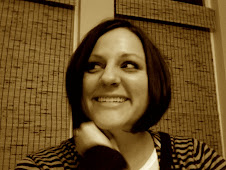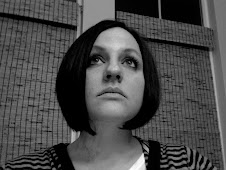Saturday I went to Emery's concert (she sings with the choral artists society). The choir and orchestra performed Hodie. (It's pronounced "hoe-dee-ay." Not "hoe-dee" like Michael says or "hoo-dee" like I say.) It is a Christmas cantata by Ralph Vaughn Williams. Hodie means "This Day."
Luke 2:11 "For unto you is born this day in the city of David a Saviour, which is Christ the Lord."
I thoroughly enjoyed the concert. Although I like cantatas, requiems, oratorios, etc., it pains me to admit that I often have had enough after the first half hour. And I am even someone who loves music. I guess I like some variety in performances, and not every concert provides that. I love Handel's Messiah, and I don't get tired of that one (maybe because I know it so well, and particularly when it's a sing-along). And now I can say I love Hodie too. It's a little eclectic, but I like it that way.
The narrative portions of Hodie are sung by a children's choir, and the lyrics are the scriptures from Luke that tell the Christmas story. I loved hearing the familiar scriptures sung. It brought a new experience, and therefore new feeling, to the text.
Previous to the concert, since I had dropped Emery off and was there early, I was able to attend a brief lecture about Hodie and Vaughn Williams. This allowed me to enjoy and appreciate the performance even more. I learned, for example, that Williams got the text for the songs in Hodie from various famous writers and poets. My favorite poem sung that night was "The Oxen" by Thomas Hardy. I love the simple, yet unique thoughts in the poem and the word choice that paints the images and expresses the emotions so well.
I know I too am the kind of hopeful person who would follow into the gloom "hoping it might be so."
The Oxen
Christmas Eve, and twelve of the clock.
"Now they are all on their knees,"
An elder said as we sat in a flock
By the embers in hearth side ease.
We pictured the meek mild creatures where
They dwelt in their strawy pen,
Nor did it occur to one of us there
To doubt they were kneeling then.
So fair a fancy few would weave
In these years! Yet, I feel
If someone said on Christmas Eve,
"Come; see the oxen kneel,
In the lonely barton by yonder comb
Our childhood used to know,"
I should go with him in the gloom,
Hoping it might be so.
By Thomas Hardy
Monday, December 22, 2008
Subscribe to:
Post Comments (Atom)












No comments:
Post a Comment